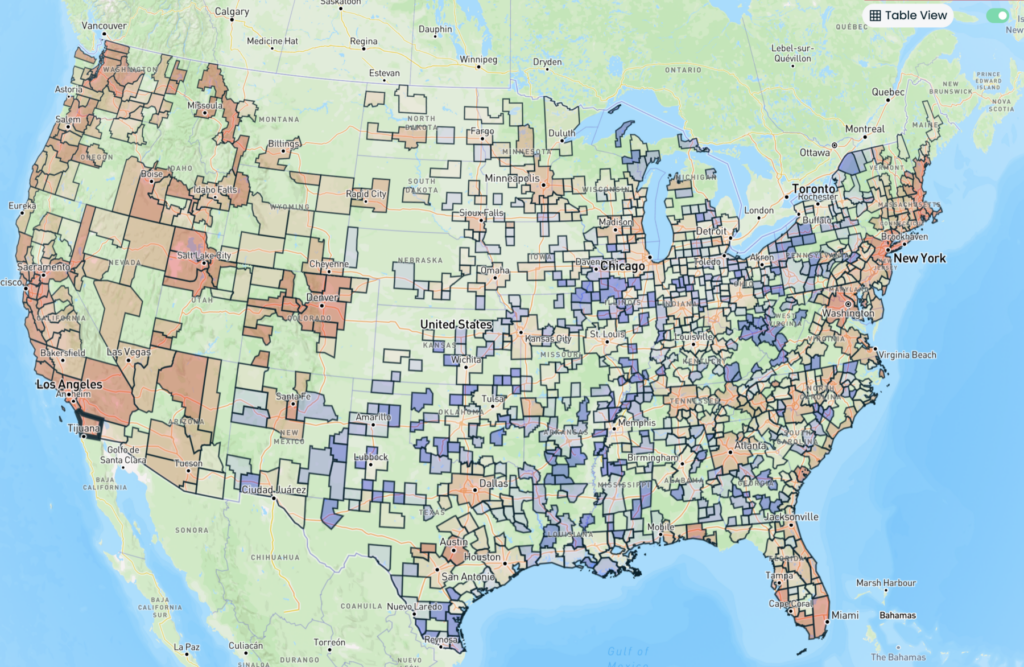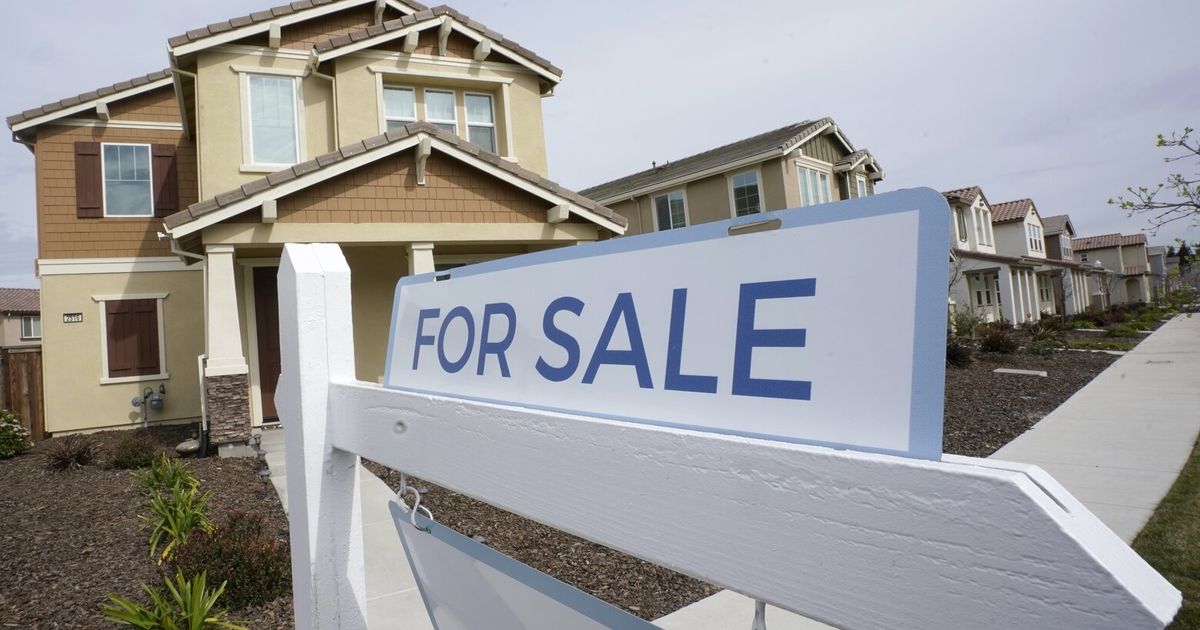This article is an on-site version of the Free Lunch newsletter. Sign up here to get the newsletter sent straight to your inbox every Thursday
The EU has led diplomatic efforts to mitigate the impact of climate change. Its officials are aware that the switch to clean energy is probably the biggest challenge we face — and that if we fail to invest sufficient resources in the technology needed to enable it, the long-term impact on our planet would be catastrophic.
Despite the jawboning, when it comes to capturing investment in green tech, Brussels may soon fall behind the US, a country that in 2020 formally withdrew from the Paris Agreement. So why is that?
The EU’s Net Zero Industry Act — its response to President Joe Biden’s Inflation Reduction Act, the $369bn package of subsidies and tax credits that’s set to fuel the US’s clean energy boom — has been attacked by both businesses and commentators, who have accused Brussels of a lack of vision, clarity and cash.
The EU, however, is not quite as far behind in the race as recent headlines might suggest. The region spent $180bn on energy transition in 2022, more than the $141bn invested by the US (though far less than the $546bn spent by China, which remains the world’s largest carbon emitter).
But that lead over Washington looks set to shrink with companies now ditching the EU for the US, a trend the Net Zero Industry Act is unlikely to reverse. The bloc also faces competition from the Middle East, where states flush with petrodollars, such as Saudi Arabia, are unveiling giga-projects geared towards hitting ambitious targets for clean energy.
So why does Brussels, with all its will, lack the wherewithal to back up its rhetoric with action? Here are three suggestions: triage, time horizons and trillions.
Triage occurs when hospital staff, faced with an acute crisis and scarce resources, are forced to prioritise patients for treatment.
When the pandemic struck and the world shut down, European capitals showed that they could cope in such emergencies. They did a tremendous job of pooling resources and quickly unveiling radical measures to mitigate the impact of the virus not only on the sick, but on jobs and businesses.
The response was as impressive when the region was faced with an energy crisis triggered by Russia’s full-scale invasion of Ukraine. The bloc did not, as many had feared, freeze when Moscow turned off the gas pipes. Indeed, it has so far managed to avoid even a mild recession.
While the clock is ticking on dealing with climate change too, the challenge it presents is altogether more chronic.
Greening the power supply is a process that may well end up depending on technological developments that at present are in their infancy. Coming up with the right incentives will involve constant adaptation to innovation. More importantly, it will also require a determination to deliver despite policymakers having to deal with a seemingly ever-increasing number of what in the past might have been described as black swan events. The Net Zero Industry Act suggests the EU at present lacks the long-term focus the issue demands.
Spurring investment in green technology is, therefore, a decades-long endeavour, lasting beyond the time horizon of short-term election cycles.
In the abstract, policies to fight climate change should not present a problem for lawmakers: polls say the European public is far more concerned about global warming than citizens in the US. When it comes to the specifics, however, actions to green the economy have often led to discord.
The challenge presented by electoral cycles is not confined to the EU. For all the praise (and investment) that the Inflation Reduction Act has garnered, there ought to be concerns over whether those subsidies and credits would survive a return to office by the Republicans in 2024.
Then there’s cash.
Europe is a prosperous region. Under its recovery fund initiative, the EU planned to issue a total of €250bn worth of common debt to green the economy.
But greening energy will require trillions, and it’s difficult to see how Brussels can plug the gap.
Unlike Beijing, it does not hold sway over who its lenders lend to. It cannot resort to direct support from the region’s money-printer-in-chief, with European law expressly forbidding monetary financing of fiscal authorities by the European Central Bank. Nor can it give tax breaks like the US — national governments are in charge of that.
To boot, those governments with the desire and the fiscal space to offer tax breaks are constrained from doing so by Brussels’ rules on state aid, which block any support that gives companies in one member state a competitive advantage.
While the EU has tried to loosen these state aid constraints through the Net Zero Industry Act, the fixes are considered too piecemeal to match the subsidies and tax credits on offer in the US.
So far, too much of the EU’s response to climate change has consisted of spewing out so much regulation that corporations are overwhelmed.
It would be better off learning from its successes in standing up to Russia and surviving Covid-19 and being more focused, nimble and ambitious — saying more with less, even if that means tearing up the rule book.
Other readables
Numbers news
US energy secretary Jennifer Granholm has said Washington could begin buying oil to replenish its emergency stockpile, just weeks after Opec+ announced production cuts. Her remarks led to a rise in the price of West Texas Intermediate.
Recommended newsletters for you
Britain after Brexit — Keep up to date with the latest developments as the UK economy adjusts to life outside the EU. Sign up here
Trade Secrets — A must-read on the changing face of international trade and globalisation. Sign up here















